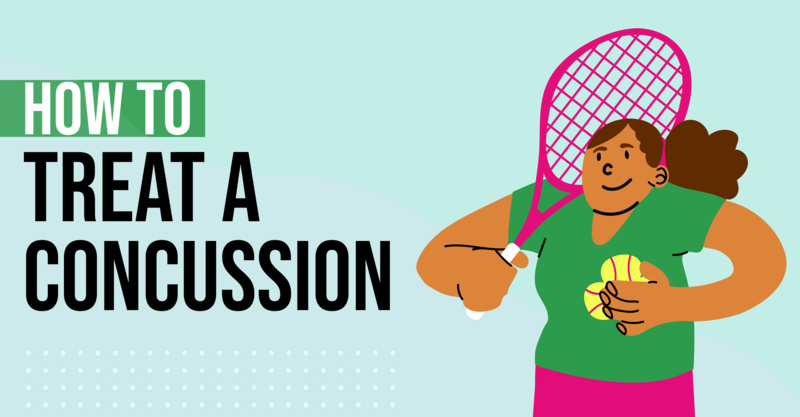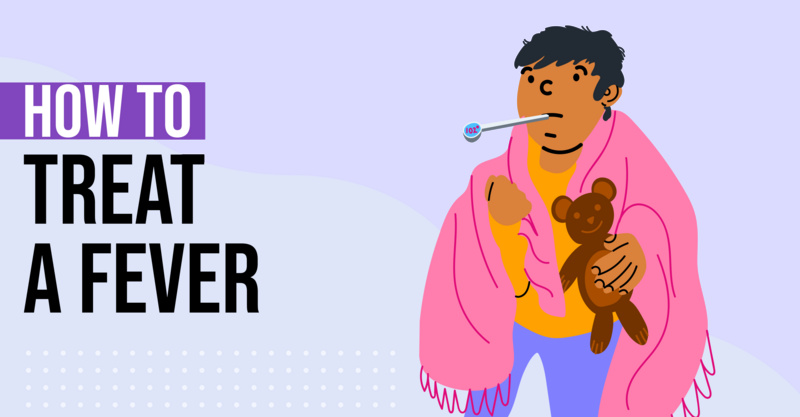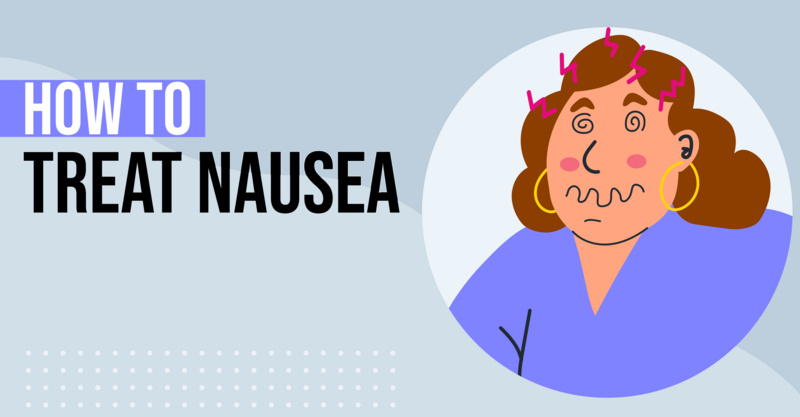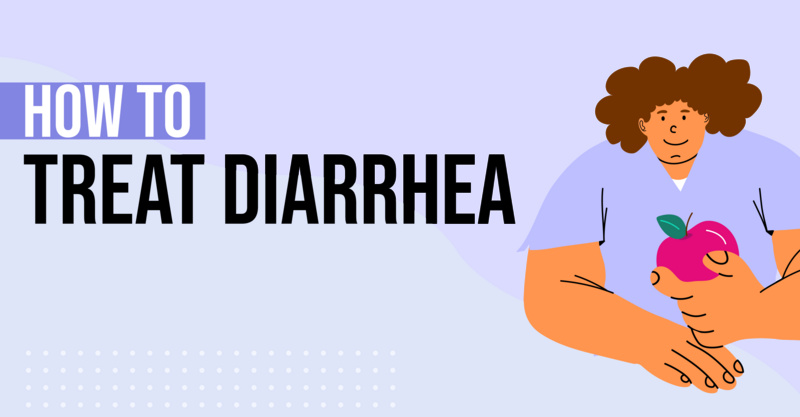Key Points
- Food poisoning, which affects approximately 48 million Americans each year, is caused by consuming contaminated food or water, improper food storage or preparation, or eating raw or undercooked food.
- Symptoms of food poisoning range from nausea, stomach pain, vomiting, diarrhea, fever, and headaches, to more severe symptoms that require medical attention such as prolonged diarrhea, high fever, bloody diarrhea, excessive vomiting, and dehydration symptoms.
- Home remedies for food poisoning include staying hydrated, resting, eating bland foods when ready, using over-the-counter medications, and adding a probiotic to the diet.
- Certain groups are at a higher risk for severe food poisoning, including adults over 65, children under 5, people with weakened immune systems, and pregnant individuals.
Food poisoning is a common illness that affects around 48 million Americans every year, according to the CDC. Of those 48 million, the CDC reports that about 128,000 become sick enough to be hospitalized, and around 3,000 will develop a fatal case. While the vast majority of food poisoning cases get better on their own, it is important to know what to do if you come down with a case and when to seek medical attention.
Below you’ll find more about the common causes and symptoms of food poisoning, as well as home remedies that can help you feel better faster, and when you should consider seeing a doctor.
Common Causes of Food Poisoning
Below are several common sources of food poisoning that you should be aware of according to the Mayo Clinic:
- Raw or undercooked meat, poultry, fish, and eggs
- Raw fruits and vegetables that are not properly washed or cooked
- Unpasteurized milk and dairy products
- Contaminated water from wells, lakes, rivers, or municipal water supplies
- Leaving food out on the counter for too long
- Not storing food at the right temperature (below 40°F or above 140°F)
- Not cooking food to the right temperature (165°F for poultry, 145°F for fish, and 160°F for eggs and ground meats, according to the USDA)
- “Cross-contamination” by using the same cutting board or utensils for raw and cooked foods
- Sushi or other raw fish
- Rare or medium-rare meats
- Sunny-side-up or soft-boiled eggs
- Unpasteurized milk or dairy products
Symptoms Of Food Poisoning
The symptoms of food poisoning can vary depending on the type of bacteria or virus that causes it, according to the Mayo Clinic. However, they note that the most common symptoms of food poisoning include the following:
- Nausea or “upset stomach”
- Stomach pain or cramps
- Vomiting
- Diarrhea (sometimes containing blood)
- Fever
- Headache
The Mayo Clinic notes that nausea and vomiting symptoms can occur anywhere from a couple of hours after eating contaminated food, to a few days after. These symptoms can make it difficult to stay properly hydrated—especially for young children and the elderly.
Home Remedies for Food Poisoning
While it's important to seek medical attention if your symptoms are severe, there are several things you can do at home to alleviate your symptoms and help your stomach recover.
1. Stay Hydrated
One of the most important things you can do when you have food poisoning is to stay hydrated. Vomiting and diarrhea can lead to dehydration, which can lead to complications according to the CDC. They recommend drinking plenty of fluids, such as water, clear broths, or electrolyte drinks like Pedialyte.
2. Rest
Rest is also important when you have food poisoning, according to the Mayo Clinic. Your body needs time to recover, so try to get as much rest as possible. They recommend that you avoid strenuous activities and take it easy until your symptoms improve.
3. Avoid Eating Solid Foods Until You Begin to Feel Hungry
When you have food poisoning, your digestive system needs time to recover. The Mayo Clinic notes that you should avoid eating solid foods until you begin to feel hungry again. This will give your digestive system time to heal.
4. Start With Bland Foods
When you're ready to start eating again, the Mayo Clinic notes that you should start with bland foods because these foods are easy to digest. They also note that you consider the BRATT (bananas, rice, applesauce, toast, and tea) diet when deciding what to eat.
5. Try Apple Cider Vinegar
Some people find that apple cider vinegar helps alleviate stomach discomfort. Practo.com recommends that you mix one tablespoon of apple cider vinegar with a glass of water if you want to try it.
6. Drink Herbal Teas
Herbal teas such as peppermint or ginger tea can help soothe your stomach and relieve nausea, according to Healthline. You can find these types of herbal tea at most grocery stores and retail pharmacies.
7. Use Over-the-counter Medications
There are several over-the-counter medications available for diarrhea and nausea. Some popular brands include Immodium and Pepto Bismol. These can help alleviate your symptoms while you recover, according to the Mayo Clinic.
8. Avoid Harsh Foods and Drinks
Some foods and drinks can cause further irritation to your digestive system when you are dealing with food poisoning, according to Healthline. They recommend that you avoid spicy or fatty foods, as well as caffeine, alcohol, and dairy products until you feel back to normal.
9. Help Your Stomach Repair Itself With Probiotics
Probiotics contain good bacteria that can help restore the balance in your digestive system after a bout of food poisoning, according to Healthline. Eating yogurt or taking a probiotic supplement are both great ways to do this.
When To See a Doctor For Food Poisoning
While most cases of food poisoning are mild and go away on their own according to the CDC, some cases can cause complications (especially for high-risk groups of people). The CDC notes the symptoms of severe food poisoning as the following:
- Diarrhea and a fever higher than 102°F
- Diarrhea for more than three days that is not improving
- Bloody diarrhea
- So much vomiting that you cannot keep liquids down
- Symptoms of dehydration (such as dry mouth and throat, feeling dizzy when standing up, and not peeing much)
People At Higher Risk of Complications From Food Poisoning
The CDC notes that there are some groups of people who are more likely to get sick or have a more serious illness. These groups of people include:
- Adults over the age of 65
- Children under the age of 5
- People who have weakened immune systems due to health conditions or medication (this includes people with diabetes, kidney or liver disease, HIV/AIDS, and cancer)
- Pregnant people
Things to Remember About Food Poisoning
Food poisoning is a common illness that usually goes away on its own, however, there are some cases that are severe enough that you should see a doctor. People who are very old, very young, or have a compromised immune system are more at risk for developing a severe case of food poisoning.
Common sources of food poisoning include:
- Consuming contaminated food or water
- Improper food storage or preparation
- Consuming raw or undercooked food
Common symptoms of food poisoning include:
- Nausea or “upset stomach”
- Stomach pain or cramps
- Vomiting
- Diarrhea (sometimes containing blood)
- Fever
- Headache
Symptoms of severe food poisoning that require medical attention includes:
- Diarrhea and a fever higher than 102°F
- Diarrhea for more than three days that is not improving
- Bloody diarrhea
- So much vomiting that you cannot keep liquids down
- Symptoms of dehydration (such as dry mouth and throat, feeling dizzy when standing up, and not peeing much)
You can support your recovery from food poisoning at home by doing the following:
- Stay hydrated
- Rest
- Avoid eating solid foods until you feel better
- Eat bland foods when you do start eating again
- Try apple cider vinegar to soothe an upset stomach
- Drink herbal teas to help settle your stomach
- Use over-the-counter medications for diarrhea and nausea
- Avoid spicy and fatty foods until you have completely recovered
- Add a probiotic to your routine to help your stomach heal
Frequently asked questions
What causes food poisoning?
Food poisoning is caused by consuming contaminated food or water, improper food storage or preparation, or eating raw or undercooked food.What are the symptoms of food poisoning?
Symptoms can include nausea, stomach pain, vomiting, diarrhea, fever, and headaches. More severe symptoms that require medical attention include prolonged diarrhea, high fever, bloody diarrhea, excessive vomiting, and dehydration symptoms.What can I do at home to recover from food poisoning?
Home remedies include staying hydrated, resting, avoiding solid foods until you feel better, eating bland foods when you start eating again, and adding a probiotic to your routine. Over-the-counter medications for diarrhea and nausea can also be helpful.Are some people more at risk for severe food poisoning than others?
Yes, adults over 65, children under 5, individuals with weakened immune systems, and pregnant individuals are at a higher risk for severe food poisoning.How long does food poisoning usually last?
It can vary, but if diarrhea lasts more than three days or is accompanied by a high fever, it's important to seek medical attention.Can food poisoning be fatal?
In severe cases, food poisoning can be fatal, especially in high-risk groups such as the elderly, very young children, those with weakened immune systems, and pregnant individuals.What foods should I avoid when recovering from food poisoning?
It's best to avoid spicy and fatty foods until you're fully recovered. Initially, you may want to avoid solid foods altogether until you start feeling better.Can probiotics help with food poisoning?
Yes, adding a probiotic to your routine can aid in stomach healing after food poisoning.
Solv has strict sourcing guidelines and relies on peer-reviewed studies, academic research institutions, and medical associations. We avoid using tertiary references.

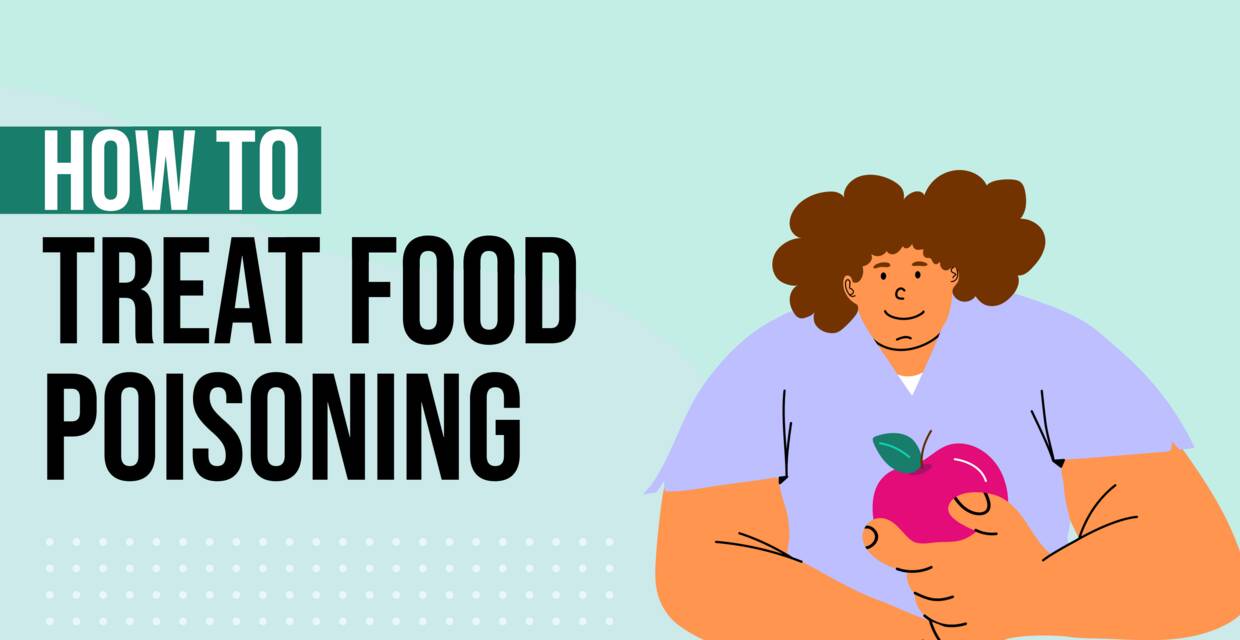
 LinkedIn
LinkedIn



